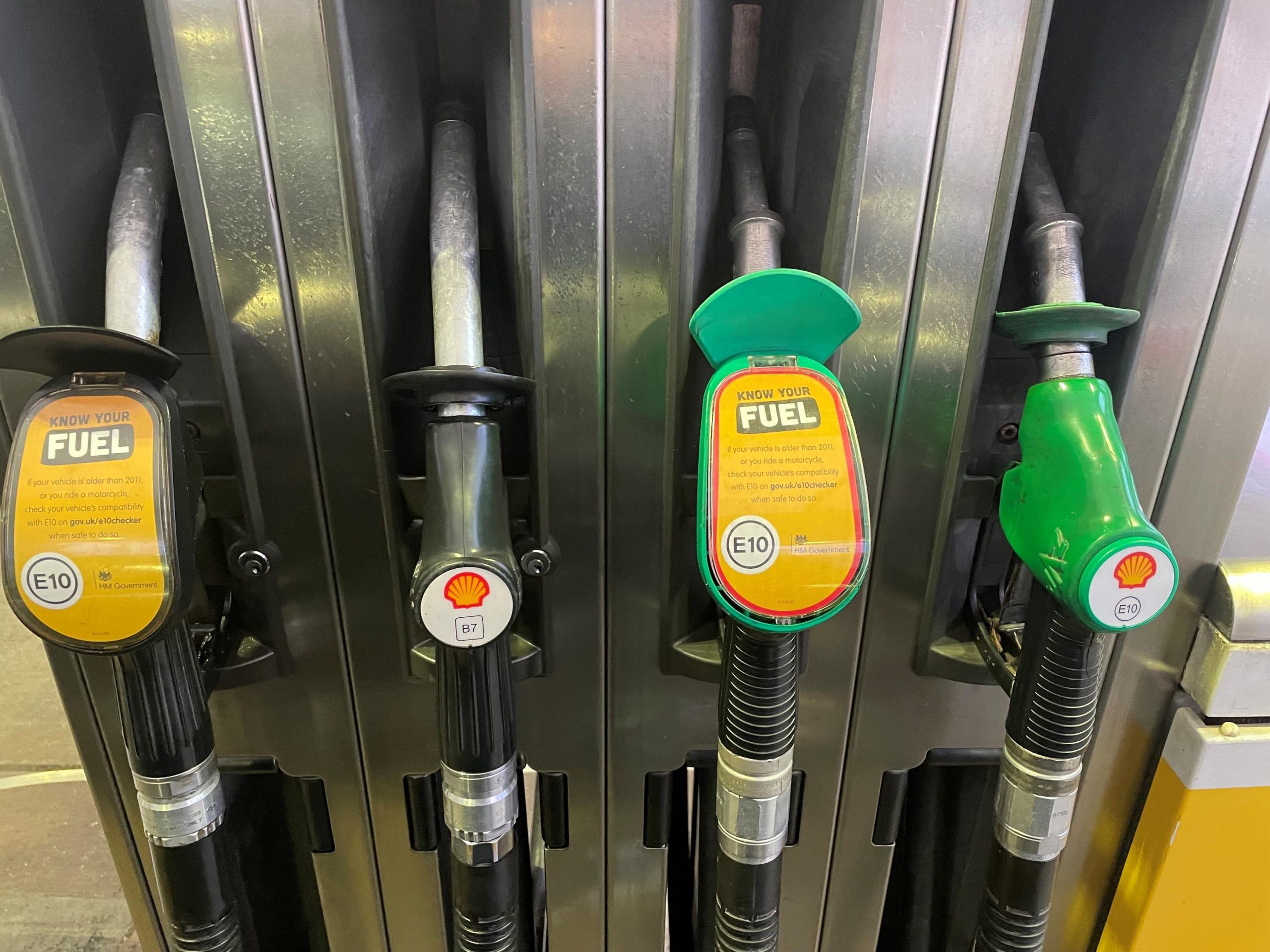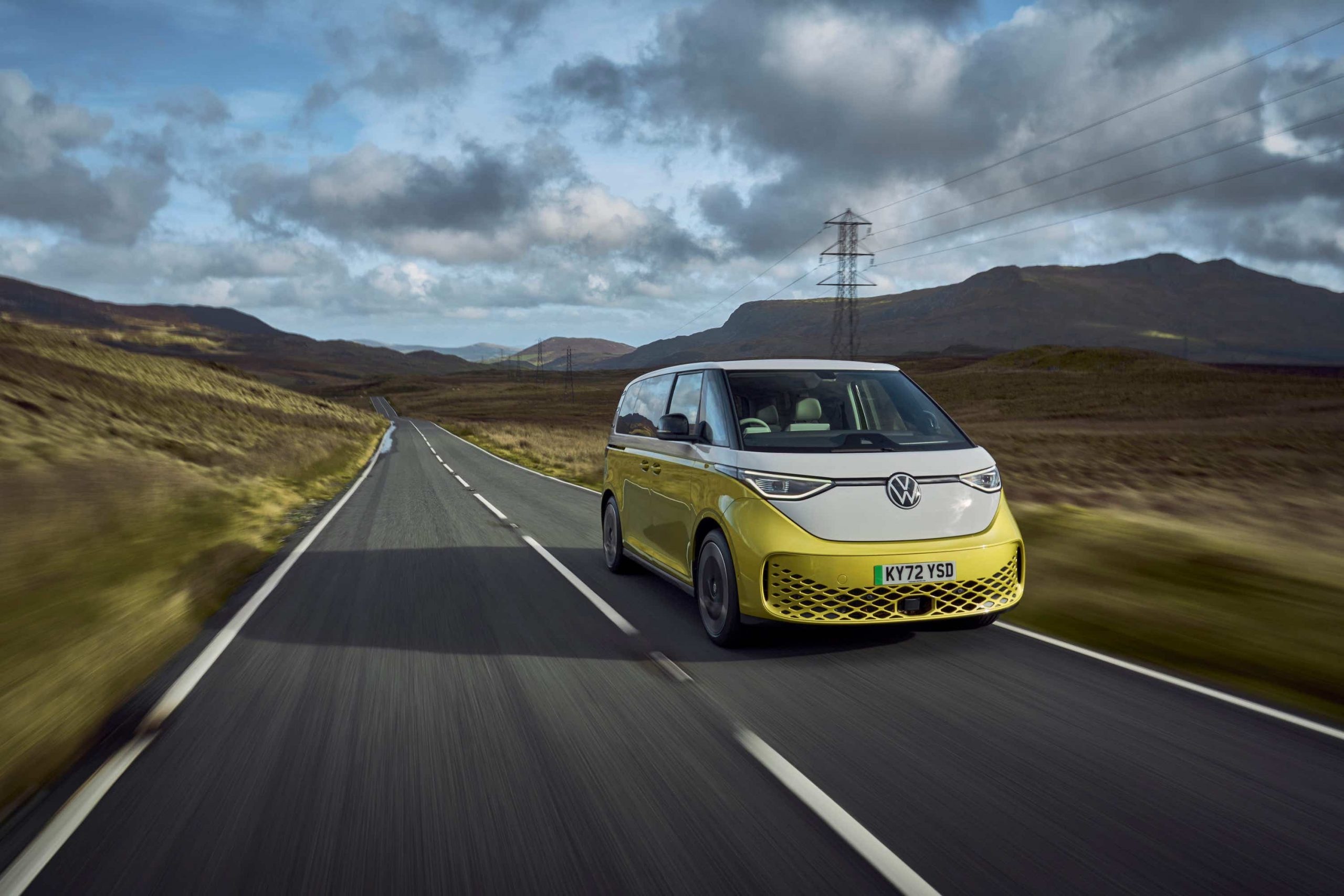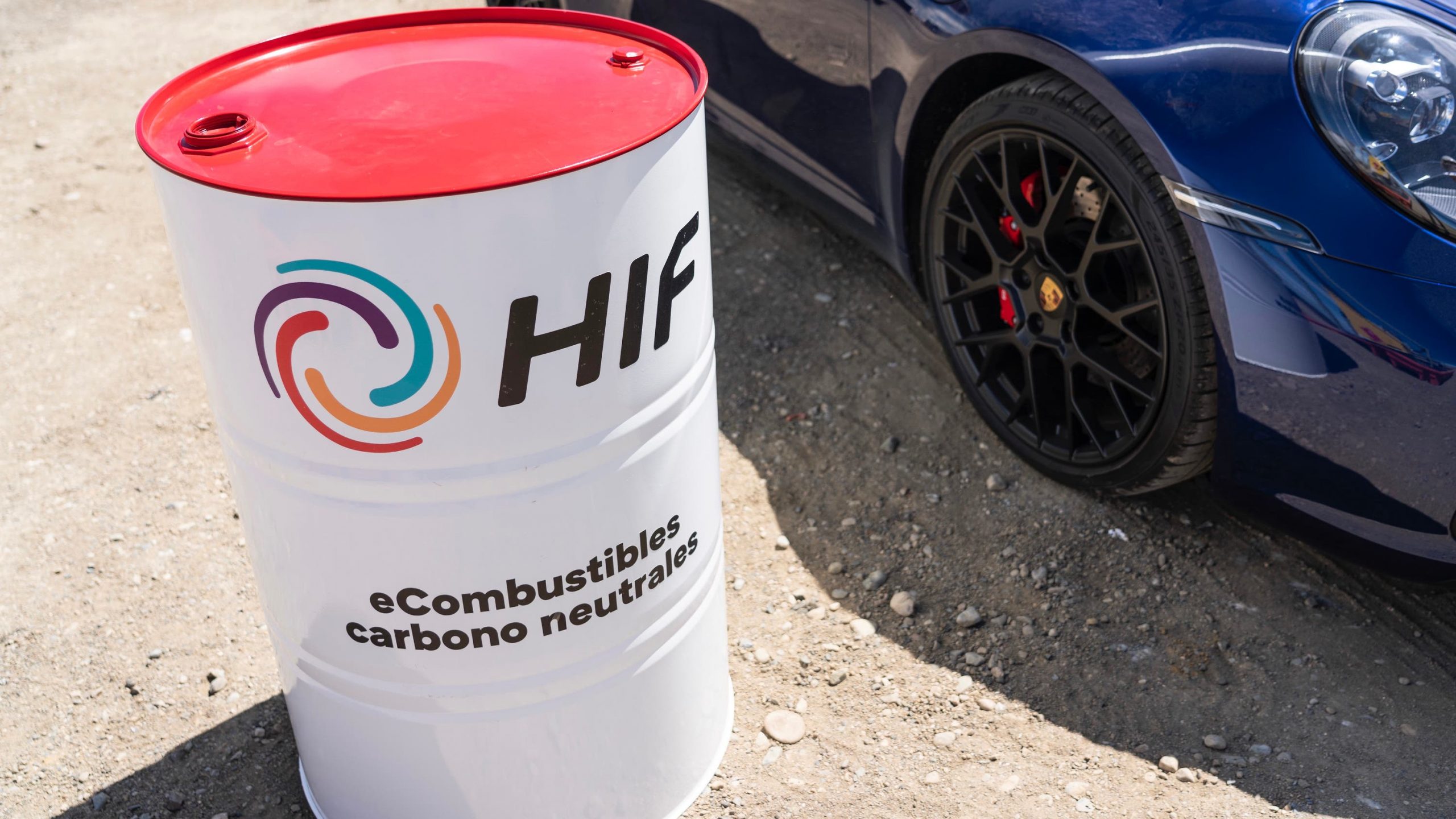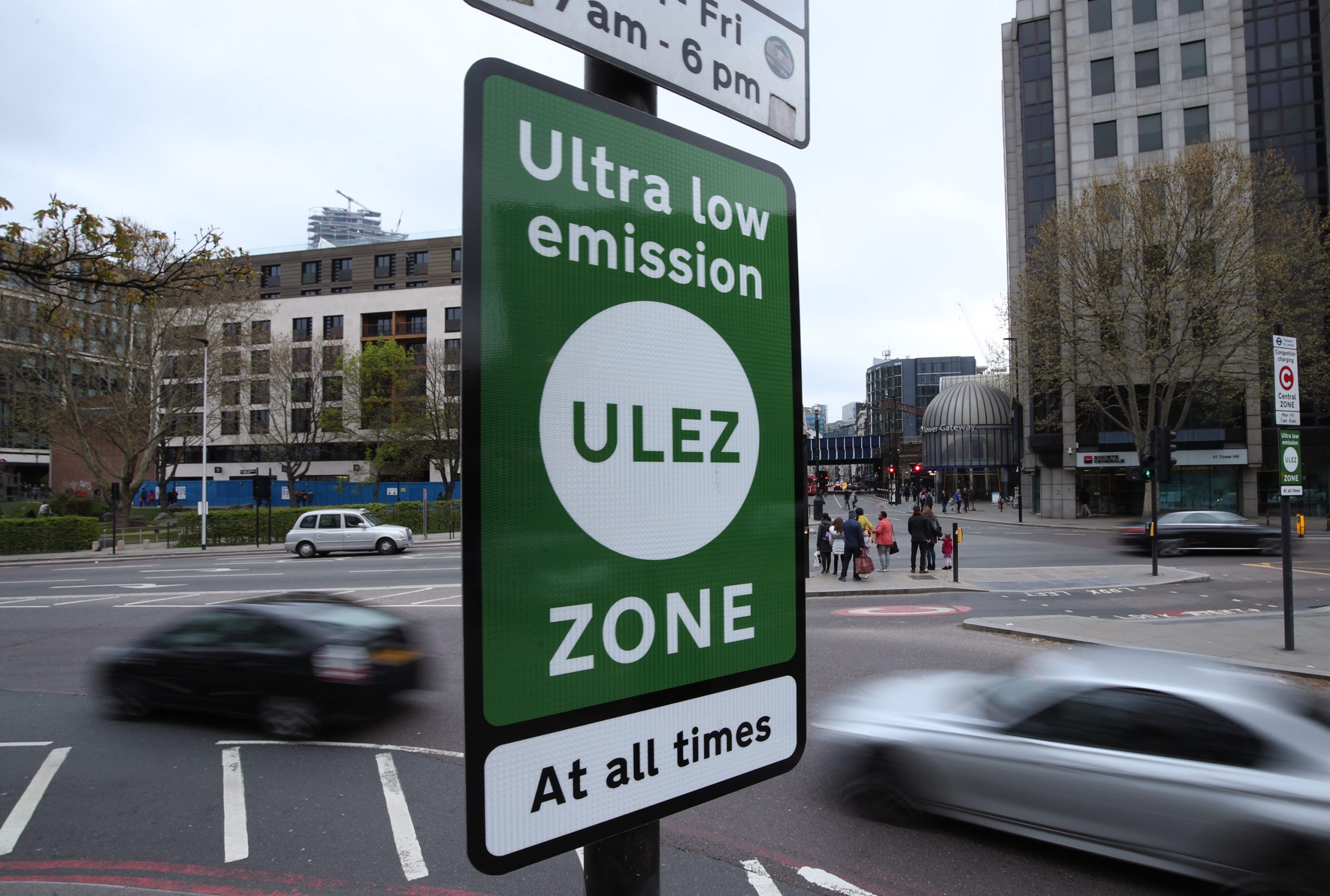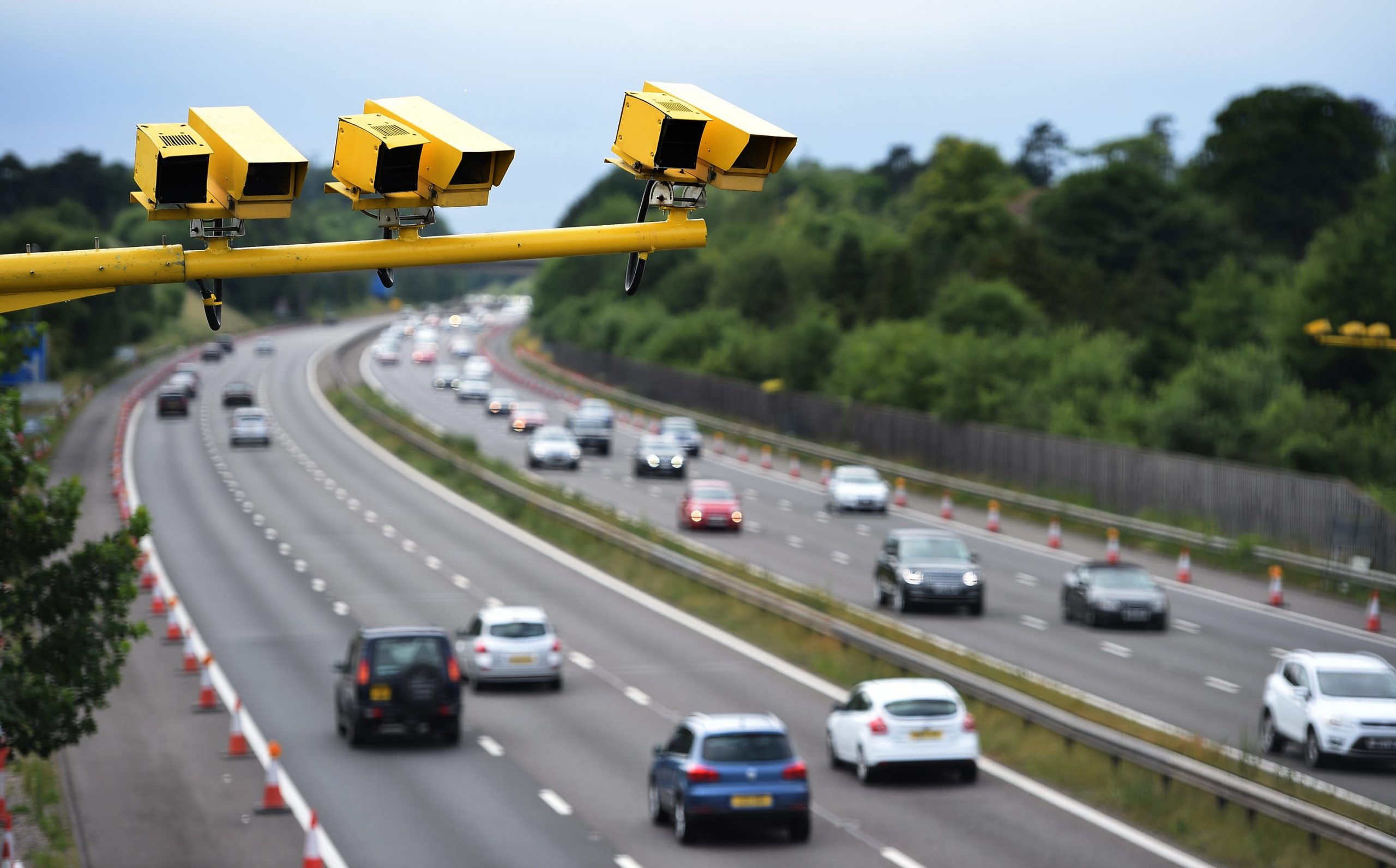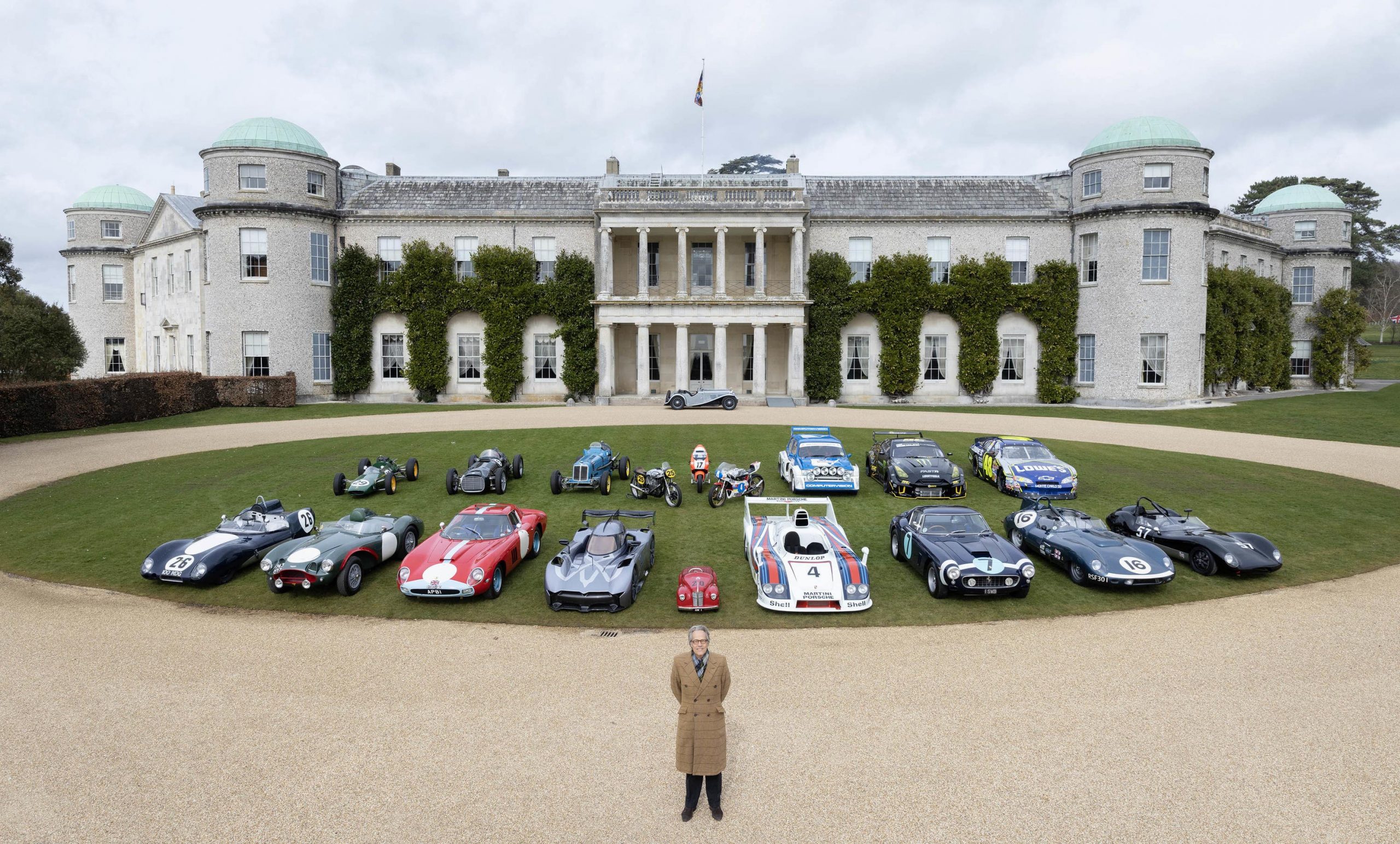A Nissan Skyline GT-R made famous by its appearance in Fast & Furious 4 with the late Paul Walker behind the wheel is set to go under the hammer at auction next month.
Due to be auctioned off in a dedicated standalone online auction hosted by Bonhams on April 28, the R34 GT-R was specially customised by Daryl Alison of Kaizo Industries to Paul Walker’s ‘personal specification’, according to Bonhams, and it’s in this guise that it’s currently offered.
Walker, who starred in a number of the Fast & Furious movies, died in November, 2013 at the age of 40 following a collision in a Porsche Carrera GT.
Special features for the Nissan include a custom roll cage, a dashboard-mounted PC and custom OMP racing bucket seats which remain in Paul Walker’s seat position to this day. Underneath the bonnet sits a 2.6-litre twin-turbocharged engine which was given a Turbonetics intercooler for even better performance.
On the outside, the GT-R was given Volk Racing RE30 wheels and an upgraded Nismo NE-1 exhaust. At Walker’s request the car was also de-stickered, with many of the car’s vinyl’s and decorations removed leaving the Bayside Blue Skyline exterior colour unspoilt.
The GT-R was heavily featured in the Fast & Furious 4 movie, which premiered in 2009, with scenes seeing it tear through the streets of Los Angeles – though many of the action sequences were conducted with one of six ‘stunt’ Skyline cars, with a body of one car mounted onto an off-road dune buggy to enable it to conduct extreme jumps.
The film star GT-R is being offered following long-term museum display and comes accompanied by a copy of the Universal Pictures rental contract. Bonhams says that an estimate is available ‘on request’. The auction will go live on Friday, April 28 before closing a week later on Friday, May 5. The GT-R can be viewed at Motorworld in Munich until April 26.


